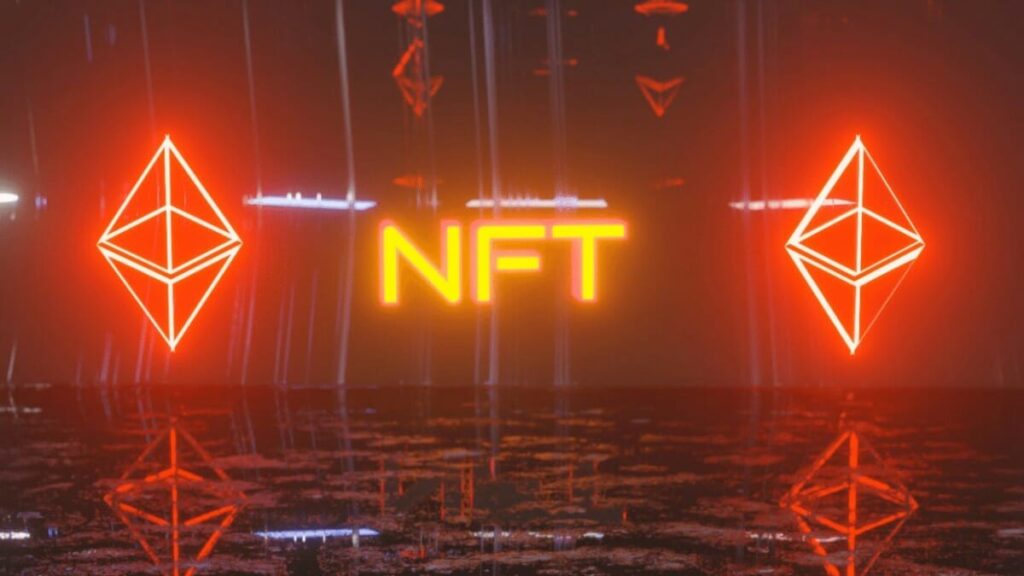🎧 Listen to This Article
Think blockchain is just Bitcoin? Think again. Non-Fungible Tokens (NFTs) are reshaping Australia’s digital economy, from unique artworks to gaming collectibles. But with this innovation comes a critical question: How are NFTs taxed in Australia in 2025? In our recent paper, Understanding Non-Fungible Tokens and the Income Tax Consequences (The Journal of Tax Administration), Michael Curran and I unpack the Australian Taxation Office (ATO) rules. Whether you’re a collector, gamer, or business owner, this guide reveals actionable tax insights to keep you compliant and ahead.
What Are NFTs, and Why Do They Matter for Tax?
Unlike interchangeable cryptocurrencies like Bitcoin, NFTs are unique digital assets on the blockchain. They can represent anything—think digital art, gaming cards, or even viewing rights to a physical painting. This uniqueness, paired with provenance and scarcity, drives secondary markets and creator income streams. But here’s the catch: the ATO sees NFTs as taxable property, not currency.
In 2025, the tax treatment hinges on your intent and use. Are you holding NFTs for personal enjoyment, collecting, or profit? Let’s dive into the 2025 Australian NFT tax rules to find out.
Long-Tail Keyword Tip: Curious about “how to comply with 2025 Australian NFT tax laws”? We’ve got you covered!
How Are NFTs Taxed in Australia in 2025?
The ATO doesn’t apply a one-size-fits-all approach. Tax depends on your circumstances and NFT usage:
Capital Gains Tax (CGT) for Non-Business Taxpayers
- Collectibles: NFTs like digital artworks may qualify as collectibles under the CGT regime if held for aesthetic value. Gains are taxable; losses are quarantined to offset only other collectible gains.
- Personal Use Assets: NFTs used for enjoyment (e.g., gaming cards or private viewing rights) are personal use assets. Gains are taxable only if bought for less than $10,000 and sold for profit; losses aren’t deductible.
Revenue Account for Business or Trading
- Trading Stock: NFTs held for sale (e.g., by creators or marketplace traders) are taxed as ordinary income, bypassing CGT.
- Business Income: Professional artists or gamers earning from NFT sales or commissions report profits as business income.
Example: Bought an NFT gaming card for $500 and sold it for $1,000? If it’s a personal use asset, your $500 gain is taxable at your marginal rate.
Key NFT Scenarios and Their Tax Implications
Personal Use NFT
Jo buys an NFT granting a 4-hour gallery viewing of a painting to host family events. For her, it’s a personal use asset—taxable only on profitable sales.
Gaming NFT
Jude earns NFT cards while gaming and trades them on a marketplace. These are personal use assets unless he’s running a business—then it’s revenue.
Business NFT
Artist Kim sells NFTs linked to painting viewings, earning commissions on resales. Initial sales and commissions are business income; buyers’ tax depends on usage.
Pro Tip: Wondering about “new Australian NFT tax rules 2025”? The ATO’s guidance continues evolving—stay tuned!
Calculating NFT Tax: A Step-by-Step Guide
For CGT assets:
Gain = Sale Price – Cost Base
Tax = Gain × Your Marginal Rate (if applicable)
For revenue/business income:
Profit = Revenue – Expenses
Tax = Profit × Your Marginal Rate
Scenario: Kim sells an NFT for $2,000 (cost: $500). As business income, her $1,500 profit is taxed at her rate—say, 32.5% ($487.50).
GST and NFTs: What You Need to Know
NFTs aren’t digital currency under GST rules. Tax treatment depends on the transaction:
- Taxable Supply: Selling NFTs as a business? GST applies.
- GST-Free: Offshore sales to non-residents may be exempt.
- Marketplaces: Operating an NFT platform? You’re liable for GST on sales to Australian consumers for offshore sellers.
Staying Compliant in 2025
The ATO tracks blockchain transactions, so accuracy is non-negotiable. Key tips:
- Classify Correctly: Is your NFT a collectible, personal asset, or trading stock?
- Document Intent: Record why you hold or sell NFTs.
- Monitor Updates: Policy shifts could tweak rules
check ATO guidance yearly.
Your 2025 NFT Tax Checklist
- Identify your NFT’s purpose (personal, collectible, business)
- Track cost base and sale price
- Report gains in your tax return
- Check GST obligations for marketplace sales
The Future of NFT Taxation
As the metaverse grows, tax laws will adapt. Balancing revenue collection with compliance simplicity is key. Expect more ATO clarity as NFTs blur lines between personal and commercial assets.
You might also want to know about Is Australia’s GST a Tax or a Tariff? Why It’s a Target in Global Trade Wars
For further details, clarification, contributions or any concerns regarding this article, please feel free to reach out to us at editorial@tax.news. We value your feedback and are committed to providing accurate and timely information. Please note that all inquiries will be handled in accordance with our privacy policy
